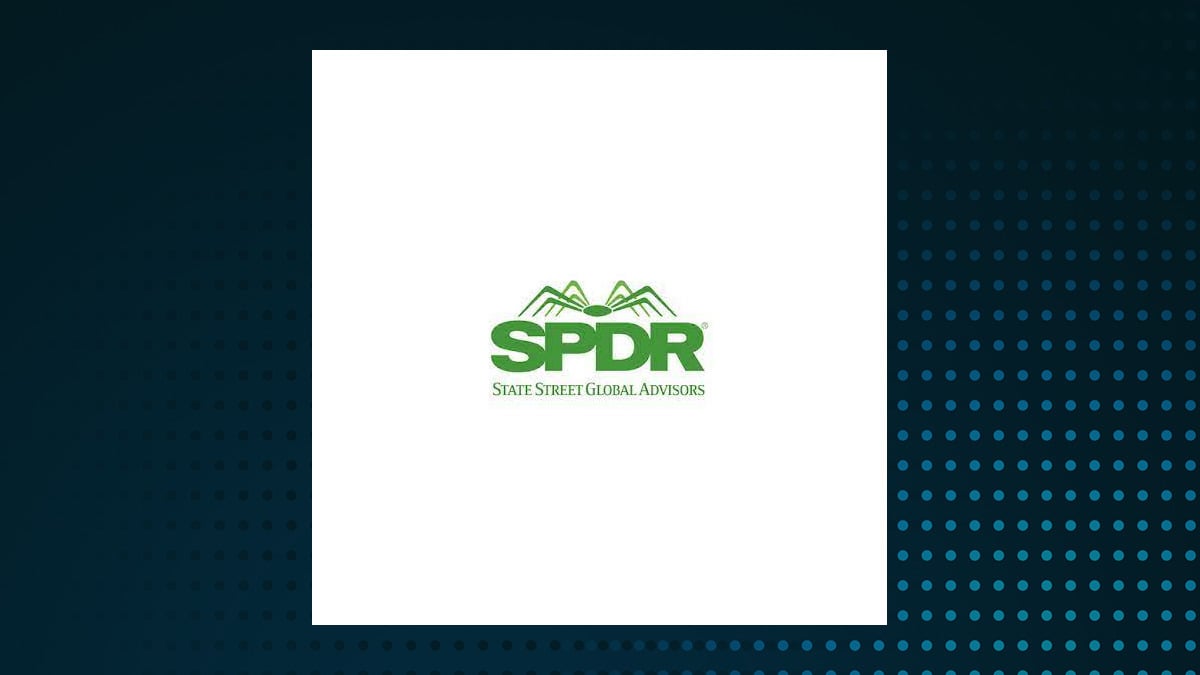Good morning. For your Friday reading, we’ll take a look at some of the stories that flew under the radar while trade was top of the waves. But first, the most recent tariffs news: Retaliation: Carney hit back at the U.
S. with tariffs on American-made automobiles, but stopped short of broader levies Tarnation: Stocks ended yesterday with their heaviest losses since 2020 on fears tariffs will trigger global recession Calculation : Why the White House’s math on reciprocal levies doesn’t add up Adaptation : The best advice for investors might be the hardest to follow: ignore Trump Also happening today: Canada and the U.S.

release employment reports for March. Employees at steel producer ArcelorMittal Dofasco fasten a Canada flag to the side of their building in Hamilton, Ont, on April 3, 2025. Nick Iwanyshyn/The Globe and Mail It’s complicated: Companies in Canada and abroad have to figure out how tariffs affect them, and it’s not always clear cut.
The world reacts: Tariffs have sent shockwaves through the global economy, raising the odds of a recession in the U.S. that could ripple across the border into Canada.
Every edition of Business Brief this week was focused on trade, and rightfully so. There is still much to come over the coming weeks (months? years?). For today, Report on Business reporters tell us what else has been going on.
With wall-to-wall coverage of Donald Trump’s tariffs this past week, readers might have missed a critical story about how the launch of a new immigration stream for caregivers was marred in severe technical difficulties — to the point where many people lost out on their only chance at obtaining Canadian permanent residency. When the Home Care Worker Pilot program launched on Monday morning, more than 40,000 prospective applicants logged on almost at the same time to the portal run by Immigration, Refugees and Citizenship Canada — causing it to crash briefly. Applicants vying for just 5,200 spots in the direct-to-PR program continued to face difficulties uploading their documents and filling out a digital form.
The system stopped taking applications by Monday afternoon, leaving many foreign caregivers already working in Canada with no direct pathway to permanent residency. - Vanmala Subramaniam covers the Canadian labour force and workplace issues 🔌 Energy On the energy beat, the Athabasca Chipewyan First Nation is suing Alberta, saying the province has failed to address fundamental flaws in its mine security program, thus undermining the eventual cleanup of oil sands sites and putting the environment at risk. Alberta’s Mine Financial Security Program governs how much cash is collected from oil-sands and coal-mine owners to ensure companies can cover the cost of cleaning up their sites.
Athabasca Chipewyan argues in its lawsuit that the program is “grossly inadequate for achieving its intended purpose,” and that environment officials routinely ignored the First Nation’s concerns and requests about the program during a recent review. I know we’re highlighting non-tariff news here, but I’ll be keeping my eye on oil prices over the coming week. They’ve already dropped as investors worry about hits to the economy and fuel demand.
- Emma Graney covers energy from The Globe and Mail’s Calgary Bureau Two major stories have dominated telecom headlines in the last week. First, The Globe broke news that Telus is attempting to sell a 49.9-per-cent stake in its countrywide cellphone tower network, with an estimated $1-billion-plus price tag.
It’s the latest effort by one of Canada’s three largest telecoms to raise cash to pay down a heavy debt load. Second, news leaked (and was later confirmed) that Rogers Communications Inc. re-signed its 12-year deal with the NHL for hockey broadcast rights, but this time, at double the price.
Its media division already operates with minimal profit margins, and the price hike raised questions about the value of the contract, despite company asserting the deal will be profitable from the outset. - Irene Galea covers the telecommunications industry With all the economic uncertainty and markets in disarray after U.S.
President Donald trump’s global tariff announcement yesterday, it’s possible you’re worried about debt. I wrote on the topic of debt and shame earlier this week, and how the stigma prevents people from taking action. In a survey commissioned by Credit Canada, only 2 per cent of respondents knew that non-profit organizations like Credit Canada exist and can help you with no upfront cost.
“Think about that in a therapeutic context, 100 per cent of people know there’s therapists out there, but only 2 per cent know there’s a category of professionals who work for non-profits that you can talk to for free,” Mr. Sellery said. In the week ahead, I’ll be watching where mortgage rates are headed.
Bond markets, which tend to determine fixed mortgage rates, plummeted after Mr. Trump’s tariff announcement. It’s fair to wonder if mortgage rates will follow suit soon.
- Salmaan Farooqui covers personal finance and cost of living Both sides in the fraud trial against the co-founders of now-defunct syndicated mortgage company Fortress Real Developments Inc. delivered their closing arguments this week. Crown prosecutors argued that the now-defunct syndicated mortgage company mischaracterized the disclosures it made to investors about the projects they were investing in, while the defence claimed that they were duly warned of the risks involved.
Meanwhile, a notorious Canadian hacker who claims to be one of the founding members of hacktivist collective Anonymous was arrested last week and granted bail. Aubrey Cottle, a 37-year-old Oshawa, Ont., resident, faces criminal charges in Canada and the U.
S. in connection with a 2021 cyberattack on the Texas Republican Party. His next court hearing is scheduled for May 8.
- Alexandra Posadzki covers financial and cybercrime All estimates point to a massive increase from the 2.5-per-cent tariff the U.S.
applied on imports from the rest of the world last year and suggest American trade policy will be more restrictive than at any time since the Smoot–Hawley Tariff Act of 1930. Global stocks extended losses after Trump’s sweeping tariff plans wiped US$2.4-trillion off Wall Street equities, sending investors running for cover as recession fears gripped markets.
Wall Street futures were again deeply in the red, while TSX futures followed sentiment lower. Overseas, the pan-European STOXX 600 was down 4.55 per cent in morning trading.
Britain’s FTSE 100 fell 3.72 per cent, Germany’s DAX declined 4.85 per cent and France’s CAC 40 gave back 4.
19 per cent. In Asia, Japan’s Nikkei closed 2.75 per cent lower, while Hong Kong’s Hang Seng slid 1.
52 per cent. The Canadian dollar traded at 70.64 U.
S. cents..
Business

Business Brief: Flying under the tariff radar
Trade continues to dominate headlines, but there are a few other stories to know from this week














